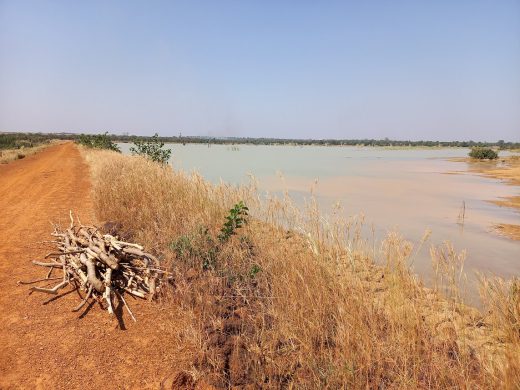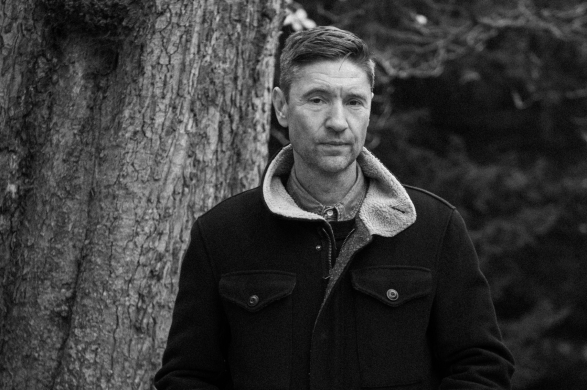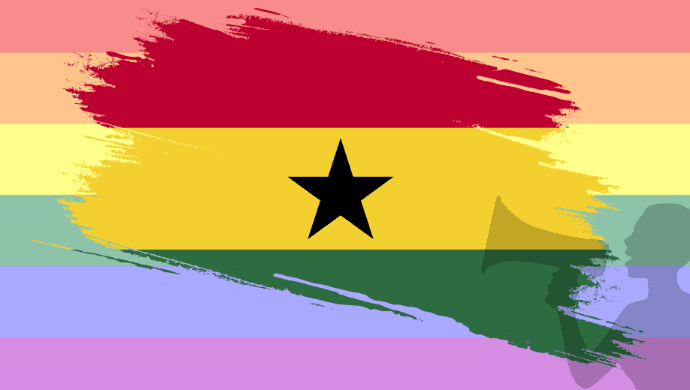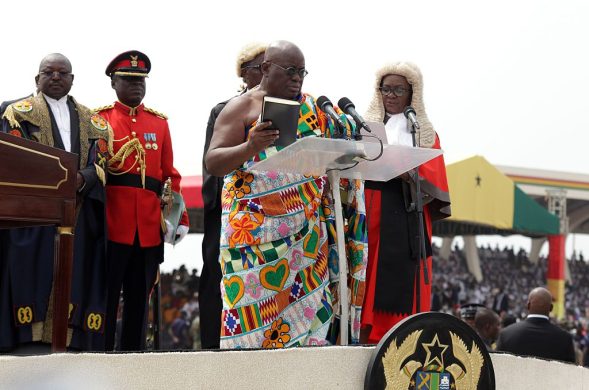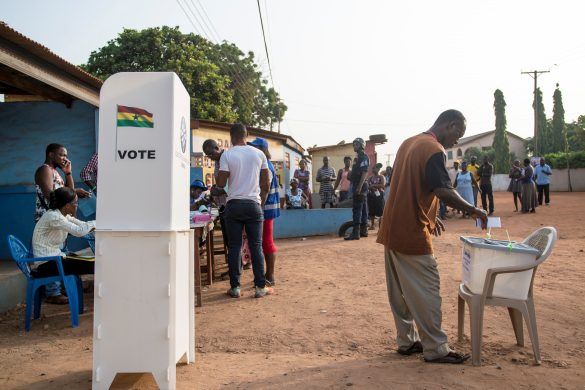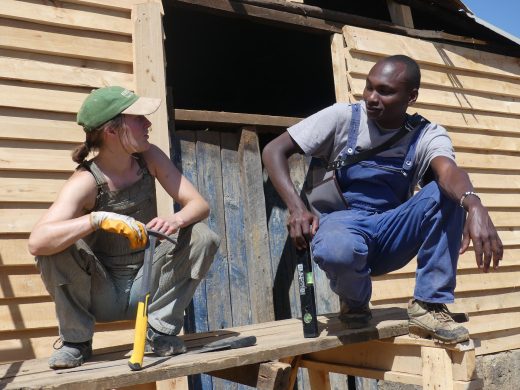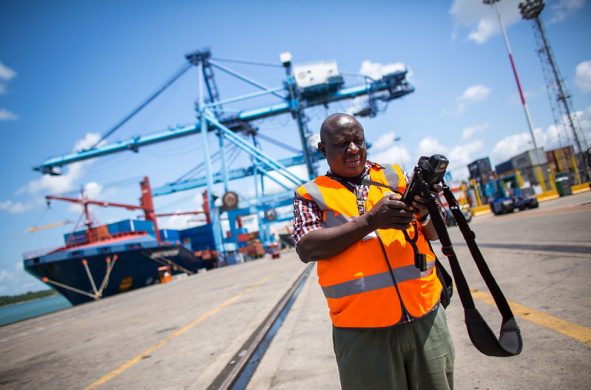Men det bliver nok ikke nogen nem opgave i et land, hvor anklager om hekseri har floreret i århundreder
ACCRA, 13 October 2011 (IRIN): Ghana’s government is looking at ways to support people accused of witchcraft – mainly women and children banished to “witches’ camps” in the north – and to reintegrate them in their home villages.
Currently around 1.000 women and 700 children are living in six camps in northern Ghana, where they have found refuge from threats and violence from people in their home communities after being labelled witches and blamed for causing misfortune to others.
In most cases the residents were taken to the camps by family members. A small number of men are also banished to the camps as “wizards” (troldmænd), according to Hajia Hawawu Boya Gariba, Ghana’s deputy minister for women and children’s affairs.
Belief in witchcraft is widespread in Africa – and other parts of the world – but in sub-Saharan Africa accusations against children are a recent and gro-wing phenomena, according to a UN Children’s Fund (UNICEF) report released last year.
The camps are located in remote areas and the residents usually live in basic conditions in mud huts without electricity, with limited access to food, water or medicine. Local reports detail women going hungry, residents having to walk kilometres to collect water, and children being unable to attend school.
The camps are run by managers – usually the people who founded them – who rely on funding from NGOs and private donations to operate the facilities. Sometimes camp managers also take payment such as food from residents.
While the issue of “witches’ camps” is nothing new – they have been around for decades – recent media reports have spurred the government to action.
– As a government we are embarrassed that we have these camps in our country – especially as our human rights record will be scrutinized as far as this is concerned, Gariba said.
Stigma (Udstødelse)
Læs videre på http://www.IRINnews.org/report.aspx?reportid=93961


